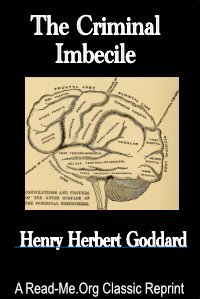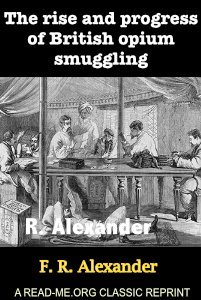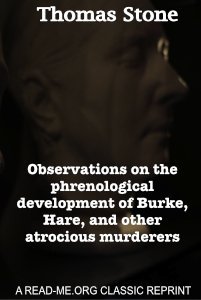Edited by CALS (Coalition of African Lesbians) and AMSHeR.
Violence against sexual minorities in Africa is rife. Persons belonging to or perceived to be members of the broad grouping ‘lesbian, gay, bisexual, transgender and intersex (LGBTI)’ are often victim of violence in African states. This violence is sometimes perpetrated by state actors, such as the members of the Police force, and more often by ordinary persons (non-state actors). By condoning violence by state actors, and by failing to diligently investigate, prosecute and punish the perpetrators of these acts, states fail to respect the basic right to security of some of its citizens. By condoning these actions, or by failing to act effectively, the state also violates its human rights obligations. The argument of this report is not that sexual minorities deserve special protection, but that they are entitled to the rights all other citizens have – the right to security, liberty, life, dignity, and a fair trial.
As members of the African Union, states are party to and should abide by their obligations under the African Charter on Human and Peoples’ Rights (African Charter). Like several other regional and international human rights instruments, the African Charter guarantees freedom from discrimination, and equal protection and equality of individuals and peoples’ before the law (articles 2, 3 and 19). The African Commission on Human and Peoples’ Rights (African Commission), the body monitoring compliance with the African Charter, has in various communications presented to it denounced acts of discrimination on several of the listed grounds of discrimination and has clearly established that ‘other status’ (in article 2 of the Charter) can be broadly interpreted to include grounds other than those explicitly listed under that provision of the African Charter. The Commission made its first pronouncement on sexual orientation and gender identity (SOGI) issues in its Concluding Observations on Cameroon’s periodic report of 2005 by expressing concern about the upsurge in intolerance towards sexual minorities. Most recently, the Chairperson of the Commission issued a statement on in April 2013 stating that the he Commission ‘equally denounces violence committed against individuals based on their sexual orientation as part of its mandate to protect individuals from all forms of violence’.
Pretoria: Pretoria University Law Press, 2013. 57p.










